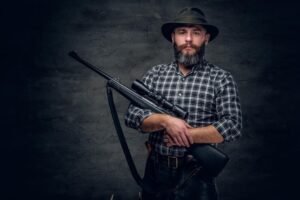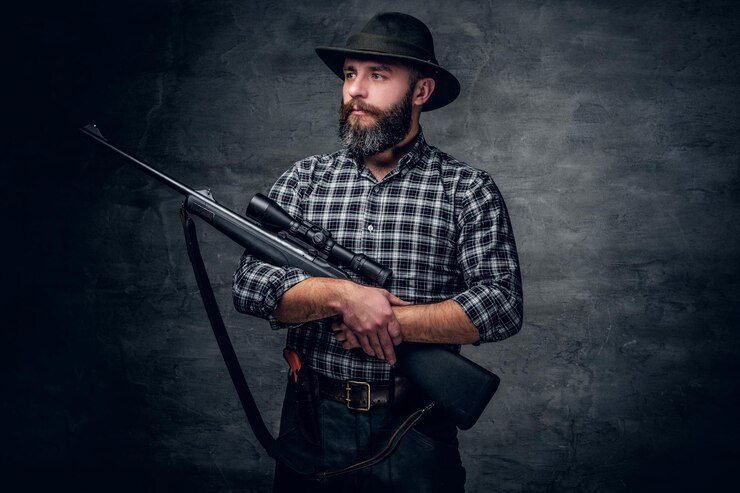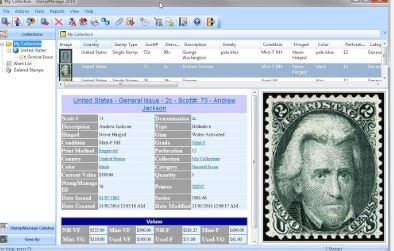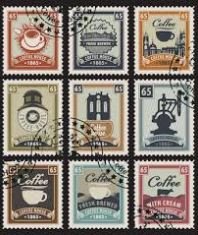The Rifleman, the iconic television show starring Chuck Connors as Lucas McCain, has long been a staple of Western culture. As a strong, principled father who fought to protect his son and community, McCain became a heroic figure for many viewers. Yet, his use of violence and individualistic nature also sparked controversy, making The Rifleman a complex and polarizing character. In this article, we explore 5 reasons why The Rifleman is both a heroic icon and a controversial figure.
1. Unyielding Sense of Justice: Heroic or Reckless?
At the core of The Rifleman is Lucas McCain’s unshakeable belief in justice. He is a man who will go to great lengths to protect his son, Mark, and uphold the law. For many fans, his willingness to fight for what’s right—even at great personal cost—made him a heroic icon. His sense of duty and moral clarity earned him respect as a protector of the weak and a defender of good.
However, McCain’s version of justice often relied on his quick draw and reliance on violence. He wasn’t afraid to confront lawbreakers with force, which raises the question: Was the Rifleman a symbol of justice or a glorified vigilante? While McCain was often portrayed as justified in his actions, his approach also served to romanticize the use of firearms as a means of resolving conflicts. For some, this violent form of justice made him a controversial figure.

2. The Father Figure: Loving Protector or Overbearing?
Another reason The Rifleman stands as both a heroic icon and a controversial figure is his role as a father. McCain’s relationship with his son, Mark, is central to the show, and his role as a single parent striving to teach his son right from wrong presents him as a loving and protective father figure. His dedication to providing a safe and moral environment for Mark is often seen as an ideal example of fatherhood.
Yet, McCain’s overprotectiveness could be seen as stifling. His willingness to shield Mark from the world, even at the cost of allowing him to grow and learn on his own, might be viewed as controlling. This aspect of McCain’s character could be perceived negatively, as it demonstrates a paternalistic approach that prioritizes protection over autonomy.
3. The Rifle: Symbol of Power or Violence?
The rifle, Lucas McCain’s signature weapon, is one of the most iconic aspects of the character. McCain’s unmatched accuracy with his lever-action rifle made him a formidable figure. His weapon symbolizes power, self-reliance, and an ability to protect his family and community. In a time when frontier life was fraught with danger, McCain’s skill with a rifle embodied the rugged individualism of the Old West.

However, this same weapon has been a point of contention. McCain’s readiness to draw his rifle in defense of his principles, often without hesitation, could be seen as an endorsement of violence as a solution to every problem. His reliance on the rifle to uphold justice, instead of peaceful means or dialogue, raises questions about the glorification of gun culture and its potential impact on society, particularly in today’s climate of ongoing debates over gun violence.
4. The Lone Hero: Empowering or Isolating?
Lucas McCain’s character often represents the lone hero—the man who takes matters into his own hands to protect those around him. McCain’s willingness to face dangers alone, often without assistance, elevates him as a figure of strength and independence. For many viewers, his solitary nature symbolized personal responsibility and self-sufficiency, traits that were highly admired in post-WWII America.
Yet, McCain’s tendency to work alone and his reluctance to rely on others also highlight a more isolating aspect of his personality. His unwillingness to seek help or collaborate with others could be seen as a negative portrayal of teamwork and community. In this sense, McCain’s self-reliance may resonate with the ideals of American individualism, but it could also be interpreted as a reflection of societal disconnection and a reluctance to build supportive communities.
5. Cultural Legacy: Heroic or Outdated?
The Rifleman became an enduring part of American television, leaving a lasting legacy in the Western genre. His unrelenting commitment to justice and his status as a solitary figure who could solve problems through strength made him an iconic part of 1960s pop culture. To this day, McCain is remembered as one of the quintessential TV heroes.

However, the values The Rifleman represented—particularly the use of violence and the celebration of the lone hero—have come under scrutiny in modern times. In a more socially conscious era, McCain’s approach to justice and his reliance on force may seem outdated or even harmful. As societal views on violence and individualism continue to evolve, some critics argue that The Rifleman’s portrayal of justice may no longer align with contemporary values, raising important questions about the role of media in shaping public attitudes.
Conclusion: A Heroic Icon or a Controversial Figure?
In the end, The Rifleman: 5 Reasons He’s a Heroic Icon or a Controversial Figure reveals a character that embodies both the virtues and flaws of the American frontier mythos. On one hand, Lucas McCain represents the ideal of courage, justice, and self-reliance, qualities that made him a heroic icon to many. On the other, his use of violence, overprotective parenting, and lone-wolf mentality complicate his legacy, making him a polarizing figure. Whether viewed as a symbol of strength and integrity or as a troubling representation of gun culture and individualism, The Rifleman continues to spark debate and reflection, solidifying his place as one of television’s most iconic—and controversial—characters.
At the funeral of prominent business mogul Mr. Sullivan, mourners were shocked when his son, Alex, showed up unexpectedly. Clad in a bright green suit and smiling—an odd contrast to the somber atmosphere—Alex caught the attention of everyone in the room to continue reading.




